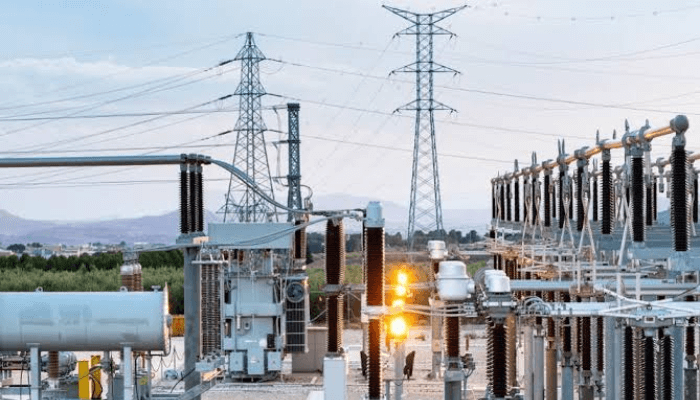Nigeria has taken decisive steps toward addressing its long-standing electricity challenges, as the Federal Executive Council (FEC) recently approved a fresh wave of investments aimed at strengthening the national grid, modernizing ageing infrastructure, and stabilizing supply for industries and households.
The Minister of Power, Adebayo Adelabu, announced the approvals after a Council meeting presided over by President Bola Ahmed Tinubu at the Presidential Villa in Abuja. He described the decisions as “a new phase” in the administration’s drive to overhaul the power sector and deliver consistent, reliable energy to citizens.
Strategic Transmission Upgrade
At the heart of the approvals is the Lagos Industrial Transmission Project, backed by a $238 million loan from the Japan International Cooperation Agency (JICA). The government earmarked ₦13 billion to compensate communities and property owners along the project’s route.
According to Adelabu, the initiative will secure dedicated power for manufacturers in Lagos and Ogun States—Nigeria’s industrial hubs—unlocking growth opportunities, reducing production costs, and generating much-needed jobs.
“This project ensures our factories and estates can count on stable electricity supply, a critical ingredient for sustainable economic growth,” the minister noted.
Phasing Out Decades-Old Equipment
The FEC also approved the purchase of 14 new high-capacity transformers worth $34 million and ₦5.2 billion to replace transmission equipment that, in some cases, has been in use for over half a century.
The new units include:
-
2 x 150MVA 330/132/33kV transformers
-
5 x 100MVA 132/33kV transformers
-
5 x 60MVA 132/33kV transformers
-
2 x 30MVA 132/33kV transformers
Adelabu emphasized that weak and outdated infrastructure has been a major cause of recurring system failures, saying: “Without timely upgrades, the grid cannot deliver the stability households, businesses, and industries require.”
Strengthening the Grid and Reassuring Citizens
Once installed, the transformers are expected to reduce pressure on overstretched transmission lines, boost efficiency, and expand electricity access nationwide. Adelabu assured Nigerians that the government remains committed to ensuring that sector reforms translate into visible improvements.
“These measures will not only stabilize supply but also ensure more Nigerians enjoy access to reliable electricity,” he said, calling the development “good news for citizens and businesses alike.”
A Sector Still Facing Headwinds
Despite the progress, Nigeria’s power industry continues to struggle with deep-seated challenges, including low generation capacity, high technical losses, poor revenue collection, and a heavy reliance on government subsidies.
In its 2024 annual report, the Nigerian Electricity Regulatory Commission (NERC) revealed that the Federal Government spent ₦1.94 trillion to subsidize electricity, covering the gap between actual cost-reflective tariffs and what consumers are charged.
The Access Gap
Electricity access also remains uneven. World Bank data from 2023 showed that 61% of Nigerians had access to electricity, leaving roughly 87 million people without power. While the minister recently stated that 150 million Nigerians now have access, he acknowledged that around 80 million still live without reliable supply—a stark reminder of the distance yet to cover.

